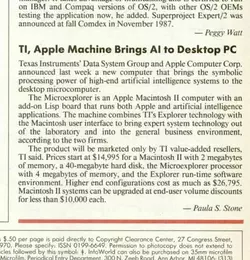Hey — since you're quoting replies from an unmodified ChatGPT, let me give you a friendly heads-up about what you're actually getting.
Right under the input box, it literally says:
“ChatGPT can make mistakes. Check important info.”
And that’s not just about dates or trivia — it absolutely includes
legal, ethical, political, and economic claims.
Why? Because the base model isn’t trained to discover truth. It’s trained to reflect the
statistical average of human discourse — especially from mainstream institutions: academia, media, NGOs, and governments.
That means unless the user deliberately redirects the model with philosophical discipline and carefully defined premises, it will default to:
- collectivist assumptions (“public interest,” “social contract,” etc.),
- fuzzy definitions (like calling access limits “scarcity”),
- legal positivism (equating state edicts with valid law),
- and utilitarian rhetoric instead of principled reasoning.
OpenAI staff lean heavily progressive, and guardrails are designed to keep model outputs “safe” by those standards. That doesn’t mean every answer is wrong — but it does mean
you are guaranteed to get baked-in bias unless you override it with sharp inputs.
So if you want to reason about things like property, law, or freedom? Relying on default ChatGPT outputs is like citing CNN in a philosophy seminar. You might get words, but you won’t get clarity.
I'm not saying “trust this version instead.” I’m saying: check premises, define terms, and use logic over consensus — always.




